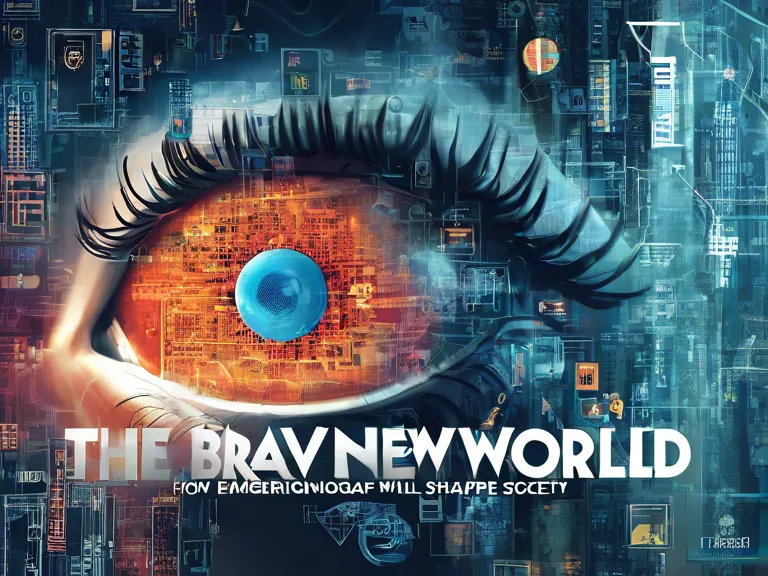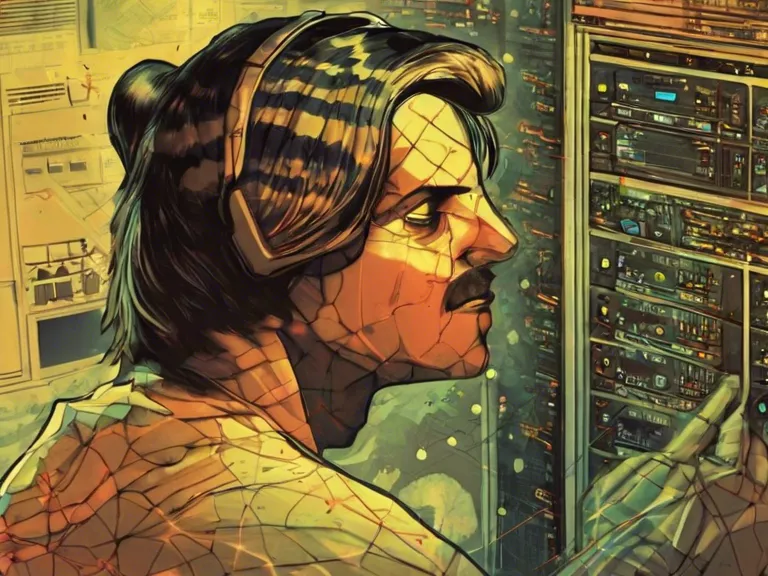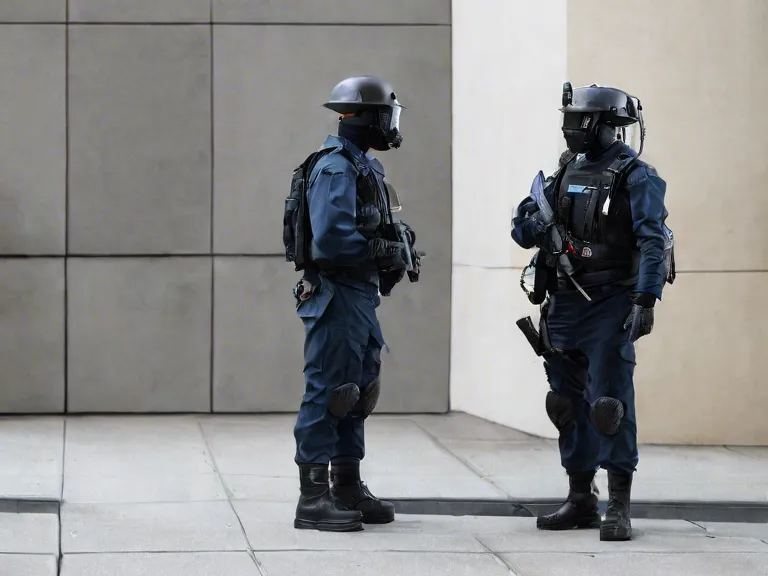
In recent years, a new breed of modern-day heroes has emerged - cyber vigilantes, also known as the guardians of the digital realm. These individuals use their technological skills and expertise to combat online threats, protect internet users, and uphold justice in the virtual world.
Unlike traditional vigilantes who operate in the physical realm, cyber vigilantes rely on their proficiency in hacking, programming, and cybersecurity to track down cybercriminals, expose their activities, and even disrupt their operations. These digital crusaders often work anonymously and independently, motivated by a sense of moral duty to make the internet a safer place for all.
One notable example of cyber vigilantism is the group known as Anonymous, a decentralized international collective of hackers and activists. Anonymous has taken on various causes, from fighting government censorship to targeting hate groups and exposing corruption. Their actions have sparked debate about the ethics and effectiveness of vigilante justice in the digital age.
While some view cyber vigilantes as heroes who fill the gaps left by law enforcement and hold wrongdoers accountable, others caution against the potential dangers of their activities. Vigilante justice can sometimes result in collateral damage, such as innocent individuals being wrongly targeted or personal information being exposed without consent.
As the internet becomes more central to our daily lives, the role of cyber vigilantes is likely to continue evolving. It is essential for these digital guardians to operate within ethical boundaries, respecting privacy rights and due process while still holding wrongdoers accountable. By striking a balance between justice and responsibility, cyber vigilantes can help shape a safer and more secure digital realm for all.



